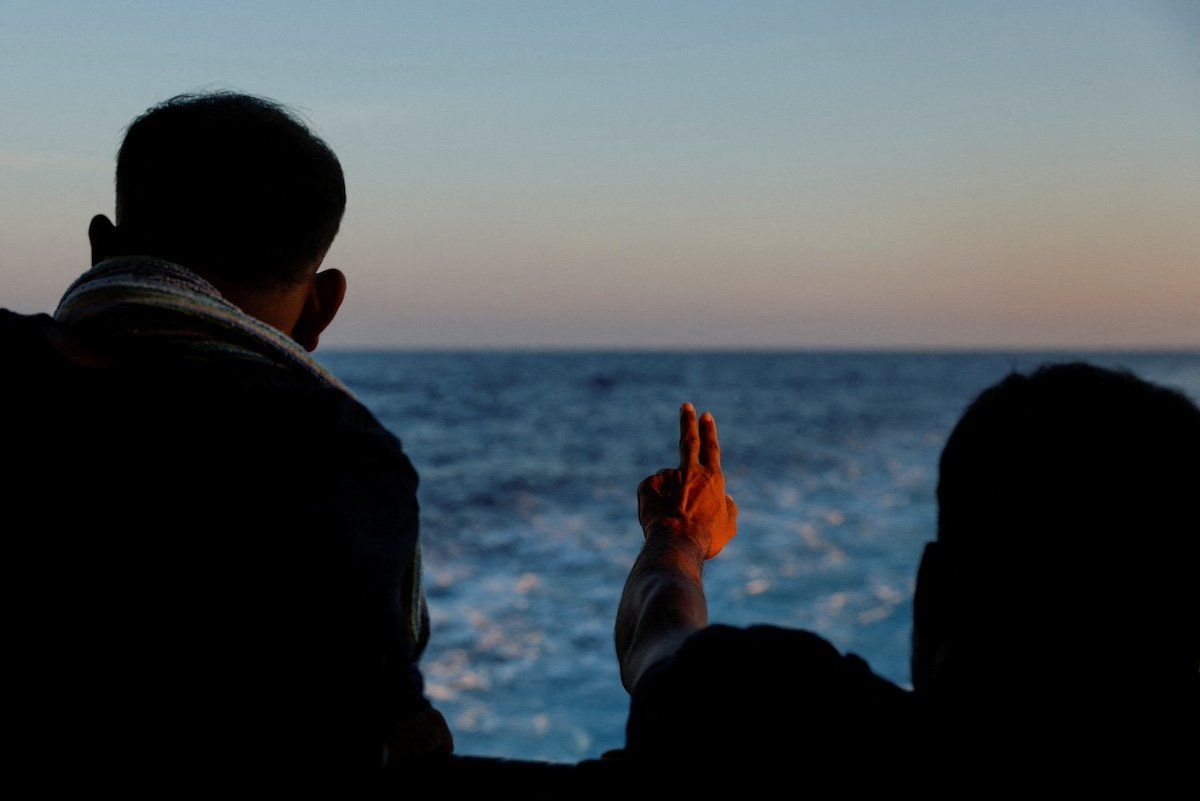61: Sixty-one migrants tragically drowned in a shipwreck off Libya on Saturday, according to the International Organization for Migration. According to the IOM report, drowning was the primary cause of death on migration routes worldwide during the first half of 2023, producing 2,200 recorded fatalities.
9,300: On Monday, North Korea test-fired an intercontinental ballistic missile with a potential range of 9,300 miles — far enough to reach anywhere in the United States. The provocative move in response to what Pyongyang called US-led “war” moves followed meetings by South Korean and US defense officials late last week in which they discussed how to respond to a nuclear attack from the North. The two countries are setting up a real-time missile data-sharing system with Japan.
15,000: Attacks by the Rapid Support Forces militia drove 15,000 people out of the Sudanese city of Wad Madani, a crucial humanitarian hub 93 miles southeast of the capital Khartoum. In the last eight months, the deadly conflict between the RSF and the Sudanese army has claimed over 12,000 lives, displaced 6.7 million people, and prompted UN warnings of an imminent humanitarian catastrophe.
5: Five months after Nigerien President Mohamed Bazoum was ousted by a military coup and put under house arrest, the ECOWAS Court of Justice has called for him to be restored to office. The court’s rulings are final and binding on all ECOWAS institutions, including the Conference of Heads of State, Parliament, Commission, and member nations' courts. Human rights activists hope the decision yields concessions from the ruling junta in Niger, which so far has not been moved by ECOWAS’ economic and trade sanctions — but there is no sure way to know how the junta will react.
14: An American destroyer shot down 14 unmanned drones launched from Houthi-controlled areas of Yemen into the Red Sea. Attacks by Houthi militants have prompted container shipping companies Maersk and Mediterranean Shipping Company to avoid the area with MSC rerouting its services through the Cape of Good Hope.
218: Cheers! China appears ready to lift the 218% tariffs it imposed three years ago on Australian wine. The tariffs were in response to Australia's call for a probe into the origins of COVID-19, which displeased Beijing. Levies on Australian lobster are also on the menu to disappear – perhaps in time for a tasty Chinese New Year’s celebration in February.
